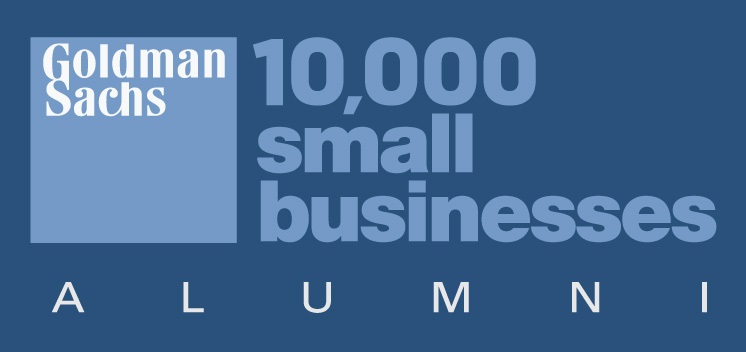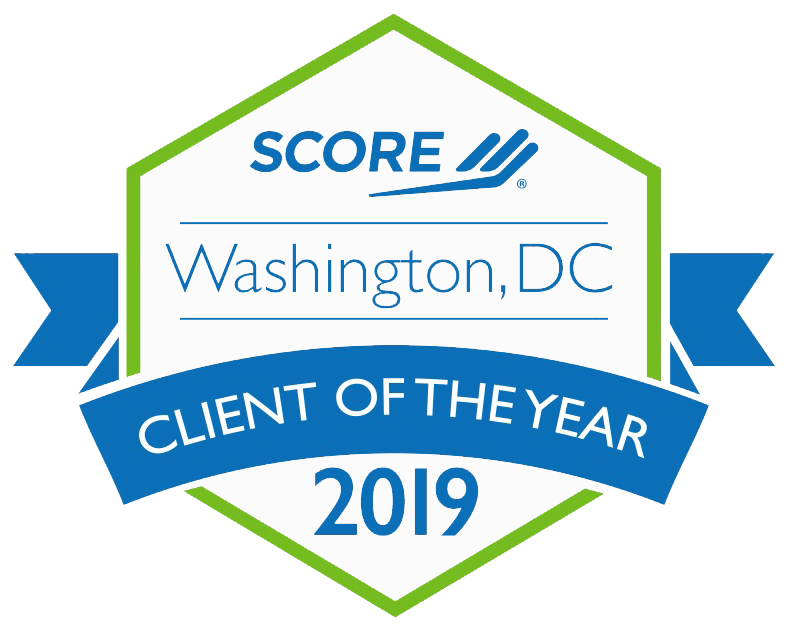Grant applications are composed of various components, but the budget and budget justification are certainly the biggest areas under the microscope. Funders review the budget and justification prior to the core application. So no matter how compelling your narrative is, the request isn’t viable if your budget isn’t in order. Budget questions can be intimidating to put together, because it’s critical that they’re done correctly. This will always be a thorough process, but understanding a funder’s potential concerns and questions will put you in a stronger position to nail it.

Below, we’ll discuss common budget questions funders might ask, and how to prepare for them.
Q1: Does it fit within our general range of giving?
Before applying, do some research to see what the foundation’s top grant is. If a foundation’s top grant is $10,000 but you’re asking for $30,000, you’ll be waving a big red flag. The last thing you want to do is come off as presumptuous or greedy! It might also be helpful to research the average grant and try to come in around this amount if you’re applying for the first time.
Q2: Is it consistent with instructions in the application guidelines?
A funder will almost always provide a form, so use it. It’ll often outline specific instructions for requests. If you’re instructed not to request over $7,000, don’t request $7,001. Meeting and abiding by all requirements is important, especially when it comes to budgeting.
Q3: Is it consistent with the narrative?
Any activity you have that will require resources must be reflected in the budget. And if an item is listed in the budget, it should also be discussed in the narrative. The narrative and budget should always mirror each other. Make sure there aren’t any discrepancies and that the correlation is easy to comprehend.
Q4: Is it reasonable to support the program?
Having a slim budget can be just as detrimental as having one that’s too big. Your budget should be exactly enough to implement the program, without much wiggle room. The funder will want to know exactly how you plan to use the budget, so be as detailed as possible. Highlight how you calculated each item, and prove that they’re based on real estimates. Research is everything!
Q5: Does it include resources from other sources?
If other resources will be supporting the program, funders will want to know how much is being contributed, where it’s coming from, and how committed they are. Even if the funder doesn’t have match (or cost-sharing) requirements, they’ll want to see the entire budget at a high level, not just the amount you’re asking them to support.
Q6: Will supporting the proposed budget be a good social investment?
This is where your narrative comes into play! Above all else, funders are in it for social good. And they’ll want to know what your expected results are, and if the amount they’re giving you will be worth the investment. Be sure to highlight how your program is being cost effective, and what it will produce.
Budgeting is a tricky task, and can feel daunting when you’re wanting to reach a specific fundraising goal or fund a new initiative. So how can organizations maintain and grow revenue in the current environment? That’s where RBW Strategy can assist! Contact us today to learn more or inquire about budget questions.





